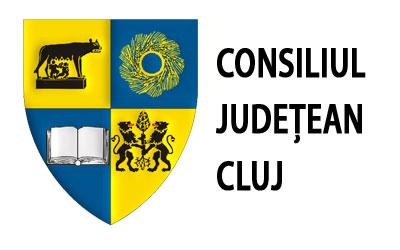Pamfil BILȚIU,
Maria ȘERBA
Baia Mare
pamfilbiltiu@yahoo.com
Our study focuses on an important and interesting aspect of legal ethnology – the habit of the earth, that legal code of great complexity, including unwritten rules, meant to order the social, economic, spiritual, family life, etc., as established and they perpetuated in the archaic area of Cosău Valley from Maramureș County.
At the beginning we focused, using the opinions of researchers, on the unwritten ancestral legal code, reflecting how the peasant conceives the idea of concept of justice, how it is resolved according to the rules of this ancestral code, then how its rules materialize in all sectors of village life. We also referred to the durability and resistance of the custom of the land over time, the way in which unwritten laws coexisted in feudal society along with written ones.
A developed chapter was reserved for unwritten norms related to the complex of relations between the villagers, in which we emphasized the role played by the implications of the kinship system, then the relations between the villagers and the „village lights”.
We have assigned a separate chapter for unwritten agrarian laws, many related to property, to the protection of wealth. We paid attention to the ways of associating the owners in order to be able to break through the work of the agricultural lands, which required a lot of increased labor force.
We have assigned another chapter for the unwritten pastoral laws, the sheepfold having a complex status, with numerous rigorously observed norms. We referred to the role of the sheepfold chief in the observance of the unwritten norms from the statute of the sheepfold.
Another chapter is about the unwritten norms of the complex of family life, with many normative provisions, some related to the protection of children, others to the complex of marriage, others focused on the relations between children and parents, etc.
In our study we also included unwritten normative provisions related to the practice of certain trades or related to the obligations of the community to the calls of the village leadership. In this chapter, we paid attention to the normative provisions related to the transactions between the villagers.
A developed chapter of our study is intended to judge the abuses committed by the guilty, due to the violation of the unwritten norms, in which we focused on those invested to apply them: the elderly, the lads’ group or by people with juridical and administrative roles in the rural community. We also did not omit the information related to the categories of punishments: fees.
The study concludes with brief references related to the legal customs performed or punishments or the submission to the laughter and mockery of the village, the compensations in kind, etc.
in the investigated space: Shouting over the village and „Herdetișurile”.
Keywords: Cosau Valley, juridical rules, unwritten norms










